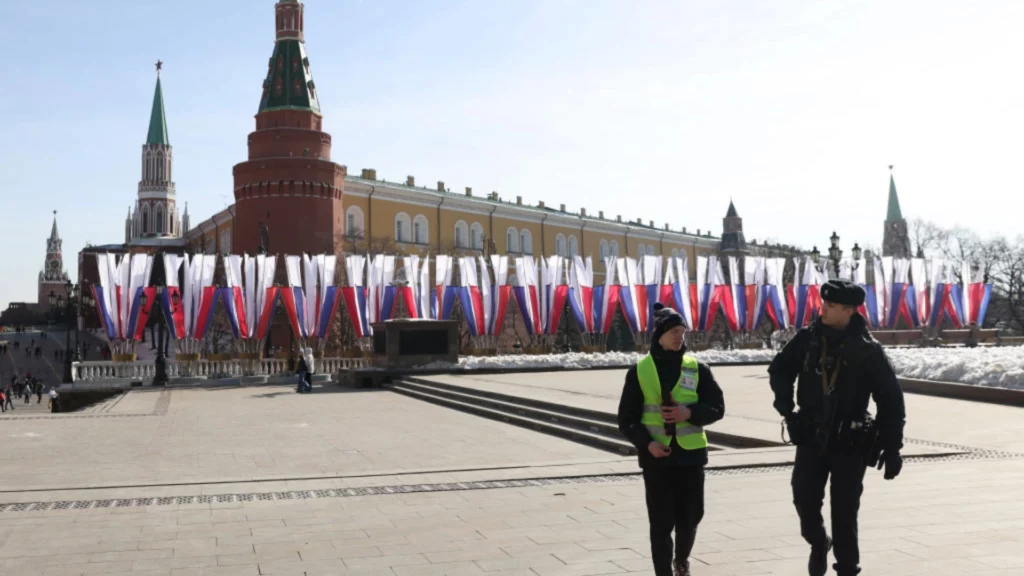State Duma Deputy Says Telegram Cooperates with Russian Law Enforcers

How far does Telegram's cooperation with Russian law enforcement go? Photo by Contributor/Getty Images.
Key Takeaways
- State Duma deputy Artem Metelev has confirmed that Telegram cooperates with Russian law enforcement.
- The messaging app complies with the government’s requests to ban channels, Metelev observed.
- While Telegram was once held up as an important tool to help bypass government surveillance, Russian dissidents trust the platform less and less.
In 2020, the Russian government lifted its ban on Telegram, stating that the company had agreed to help with its anti-terrorism investigations. But exactly how far that collaboration goes has been the subject of speculation ever since.
Now, State Duma deputy Artem Metelev has confirmed that Telegram cooperates with law enforcement by blocking banned content.
Telegram “Behaves Within the Law,” Says State Duma
Between 2018 and 2020, the Russian government attempted to prohibit the Telegram messenger service following its refusal to grant the Federal Security Service (FSB) access to encryption keys.
In new comments made to RTVI in response to a question about banning Telegram again, Metelev said the firm “behaves within the law.”
“Both Telegram’s management and [founder] Pavel Durov himself always react very quickly to incidents and cooperate with law enforcement agencies, including by banning illegal channels,” he confirmed.
He added that the Center for the Protection of Youth Rights that he heads up “regularly receives requests to block this or that channel,” and that Telegram has been acquiescent to the government’s demands.
Terrorism Concerns or Censorship?
Throughout its years-long campaign to first prohibit and then manage Telegram, the Russian government has often used terrorism concerns as justification for its interventions.
For instance, Deputy Metelev observed that terrorists would not recruit on Telegram, “they would recruit on WhatsApp or elsewhere.”
While the government didn’t confirm whether it was able to access private messages on the app, the revelation that Telegram cooperates with law enforcement is enough to rile privacy hawks.
Trust in Telegram Privacy Dwindles
The State has long been accused by critics of using communications surveillance to stamp out dissent. Yet, Telegram’s proponents often posit it as an antiauthoritarian platform that uses encryption to bypass censorship.
Since 2022, dissidents across Russia have started to suspect that their supposedly encrypted Telegram messages are being monitored.
For example, the vice president of the Libertarian Party Marina Matsapulina claims she was arrested on false terrorism charges after her Telegram chats were intercepted.


